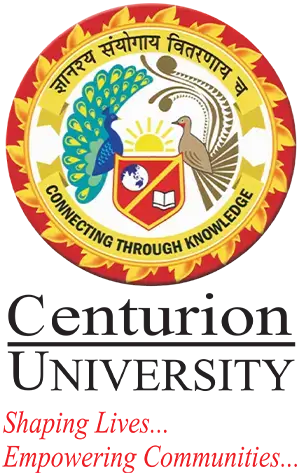About Department:
The Computer Science and Engineering is more sought degree with a wide scope for employment, research and entrepreneurship. The Department of CSE understand the need of ever-changing technology that industry looks for trained professionals. CSE graduates have a wider scope to work in IT and IT enable service industry and sectors as Data Scientist, Data management expert, Data Security Engineers, Embedded Engineers, Mobile Application Developers, Gaming Technologist, Web Developers and software developers/quality Assurance/Testing. CUTMAP is one of the best engineering colleges in, Andhra Pradesh based on placement records, especially in Computer Science Engineering.
CSE department offers B. Tech in Computer Science and Engineering which follows Choice Based Curriculum Systems (CBCS) with a domain focused curriculum that leads to produce technology expert and get awarded certification from industry.
Domain:
- Software Engineering
- Computer Networking
- Computer Science and Biosciences
- Internet of Things & Cyber Security with Block Chain Technology
- Data Science
- Amazon Web Service
- Artificial Intelligence and Machine Learning
The Curriculum of CSE is quite dynamic and it gets updated as and when required with industry support and feedback from Alumni. The department has collaboration with leading industry viz; AWS, IBM, Red Hat, UNITY and Dassault Systems in developing curriculum, course delivery and industry certification. The programme has a structure to undertake multiple projects enable the learner to gain programming skill and to learn & apply current technology.
The Department also offers M. Tech in Data Analytics that enhances the employability of a graduate for better career in industry and academics. It also offers Doctoral Programe (Ph. D.) to work on real-time problem.
Vision:
To develop a spirit of inquiry, art of thinking, problem solving and the joy of programming while creating an environment of learning for students to grow into next generation nation builders who are responsible, fair, happy and inspired citizens.
Mission:
- Enable students to seek fulfilling careers in industry, research, government or as entrepreneurs.
- Enable alumni to be respected in society for their positive energy, responsible attitude and expertise.
- Empower faculty to have impact on society for their contributions and achievements.
- Create teaching models and a learning culture which could be emulated by other institutions.
Program Educational Objectives:
- PEO-1:Prepare students to build competency in current technology and its application to meet the industry need for skilled Engineer
- PEO-2:Provide students with strong foundational concepts and also domain knowledge to pursue research to build solutions or systems of varying complexity to solve the problems identified
- PEO-3: Enable graduates to innovate, bring new idea and become an entrepreneur
Program Specific Outcomes:
- PSO-1.Graduate will be able work on high-end technology at IT Services industries.
- PSO-2.Graduate can acquire industry certified level of competency and work on real time IT application projects viz; Infrastructure /Health/Agriculture/Security/Data Management etc.
- PSO-3. Graduate can start its own IT service company to provide technical solution
